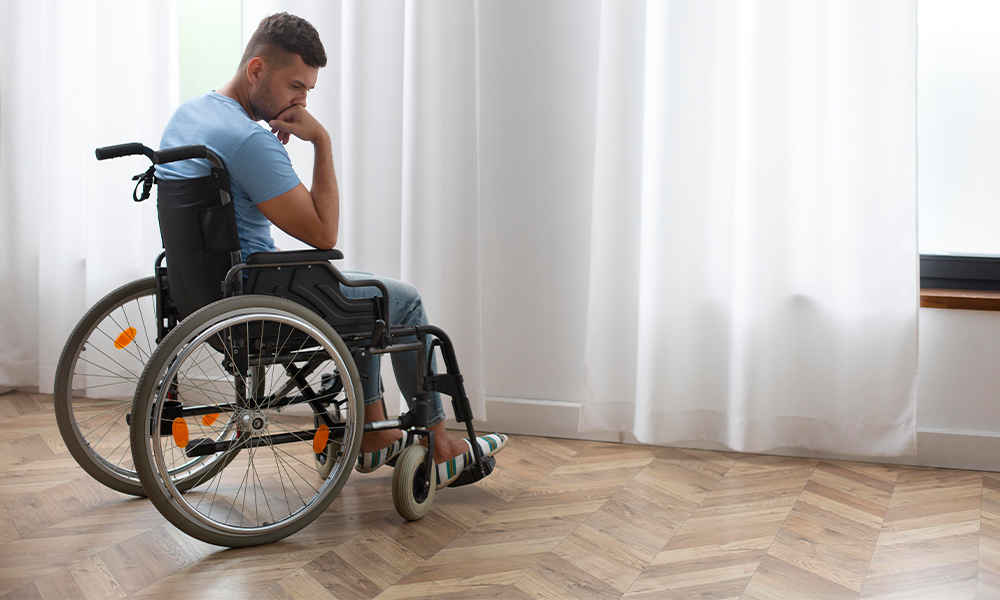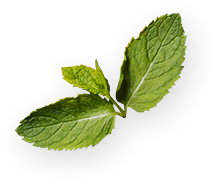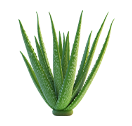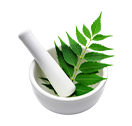Welcome to our Ayurvedic Store Deeksha Veda!
- Abhyangam
- About
- Ankylosing Spondylitis
- Anxiety
- Arthritis
- Ayurveda for Sports
- Back Massage
- Cart
- Checkout
- Consultaion
- Deha Prasadhanam
- Detox
- Detoxification
- Dhanyamla Dhara
- Diseases
- Eczema
- Eye Diseases
- Facial palsy
- FAQs
- Frozen Shoulder
- Hair and Beauty Care
- Head & Neck Massage
- Home One
- Indriya Prasadanam
- Infertility
- Insomnia
- Kati Vasti
- Kizhi
- Mano Prasadanam
- Mental Diseases
- Migraine
- Mukha Prasadanam
- Muscular Pains
- Nasyam
- Njavarakizhi
- Obesity
- Pada Abhyangam
- Pain Management
- Paralysis
- Parkinson
- Pizhichil
- Products
- Psoriasis
- Sciatica
- Services
- Shop
- Sinusitis
- Sirodhara
- Skin Diseases
- Snehapanam
- Spondylosis
- Stress Management
- Talapodichil
- Treatments
- Udwarthanam
- Weight Management
- Wellness
- Wishlist
- Wishlist

Paralysis (Pakshaghata): Causes, Symptoms, and Ayurvedic Treatment
Paralysis is the loss of muscle function in one or more parts of the body. It can be temporary or permanent, partial or complete, and localized or generalized. Paralysis affecting one side of the body is known as Hemiplegia, often caused by a stroke or cerebrovascular accident. Ayurveda refers to paralysis as Pakshaghata, a condition linked to the vitiation of Vata dosha.
Causes of Paralysis
- Cerebrovascular Accidents (Stroke): Blockage or rupture of blood vessels in the brain.
- Brain Hemorrhages: Bleeding in the brain due to vessel breakage.
- Cerebral Thrombosis: Formation of blood clots in the brain.
- Cerebral Embolism: Blockage of brain vessels by debris or clots.
- Hypertensive Encephalopathy: Brain dysfunction caused by high blood pressure.
- Cerebral Tumors: Abnormal growths in the brain causing pressure or damage.
Symptoms of Paralysis (Pakshaghata)
- Sudden weakness or inability to move a limb or side of the body.
- Loss of sensation in the affected area.
- Difficulty in speaking or understanding.
- Facial asymmetry or drooping on one side.
- Lack of coordination and balance.
- Severe headaches or dizziness (in some cases).
Ayurvedic Perspective on Paralysis
Ayurveda attributes paralysis to Vata dosha vitiation, which affects the nervous and musculoskeletal systems. Treatment aims at pacifying Vata, restoring circulation, and rejuvenating nerve and muscle function.
Ayurvedic Treatments at Deeksha Veda Ayurvedic
- Detoxification (Shodhana)
- Virechana: Purgation therapy to eliminate toxins and balance Vata dosha.
- External Therapies
- Podikizhi: Herbal powder bolus therapy to improve circulation and reduce stiffness.
- Njavarakizhi: Rice bolus therapy for muscle strengthening and rejuvenation.
- Pizhichil: Oil bath therapy to improve nerve and muscle function.
- Shirovasti: Retention of medicated oil on the head to calm the nervous system.
- Shirodhara: Continuous pouring of medicated liquids on the forehead for relaxation and Vata balancing.
- Nasyam: Nasal therapy to remove toxins and improve circulation.
- Internal Medications
- Herbal formulations to strengthen the nervous system and promote recovery.
- Exercises and Rehabilitation
- Specific exercises to improve mobility and muscle function.
- Physiotherapy support as advised.
- Lifestyle and Diet Recommendations
- A Vata-pacifying diet: Warm, easily digestible, and nourishing foods.
- Stress management practices like yoga and meditation.
Benefits of Ayurvedic Treatment for Paralysis
- Stimulates and restores muscle and nerve function.
- Enhances circulation to the affected areas.
- Alleviates symptoms like stiffness, weakness, and numbness.
- Provides long-term relief by addressing the root cause.
At Deeksha Veda Ayurvedic, our expert doctors provide personalized care with a blend of traditional Ayurvedic therapies and modern rehabilitation techniques to ensure the best outcomes for managing paralysis. Book your consultation today to start your journey to recovery.






